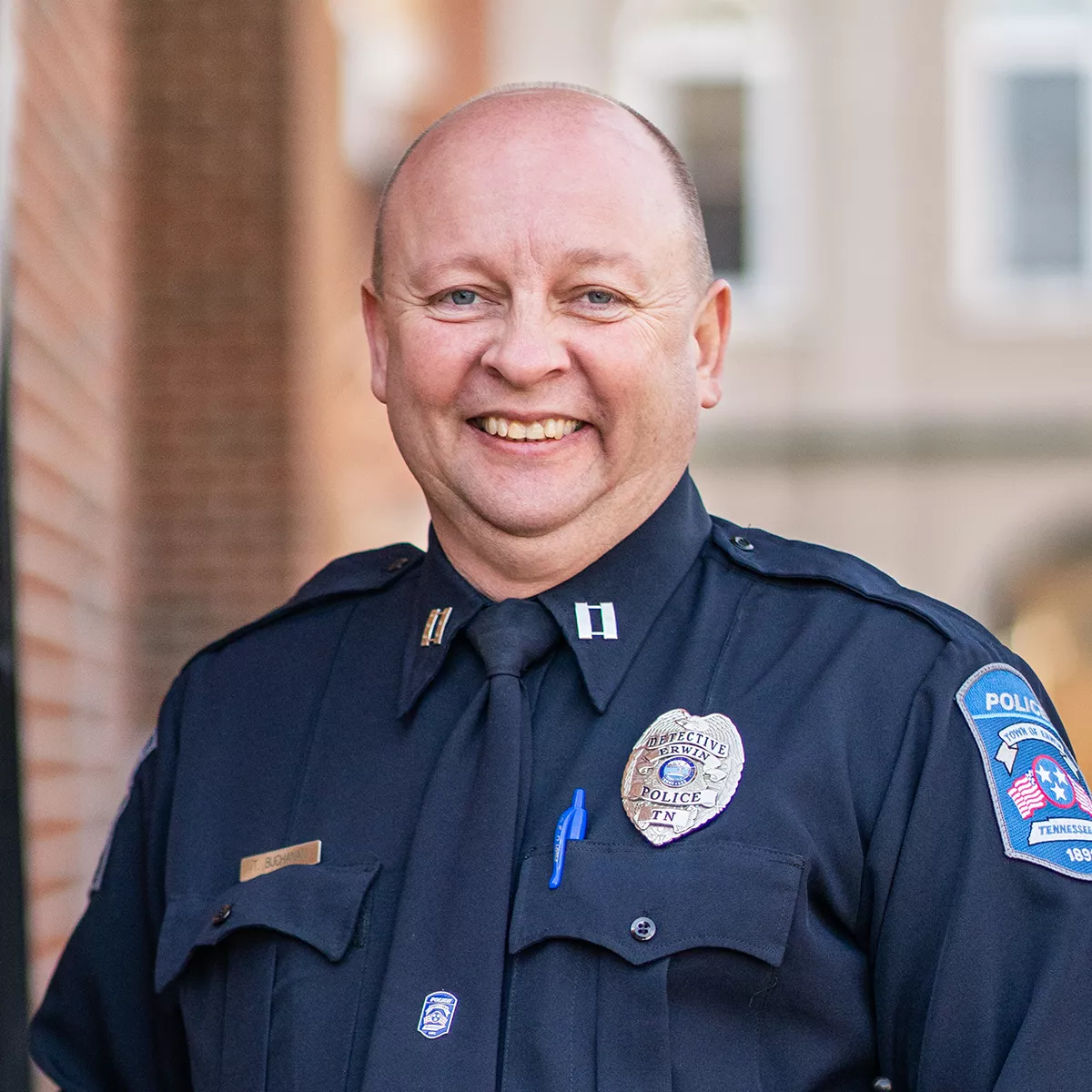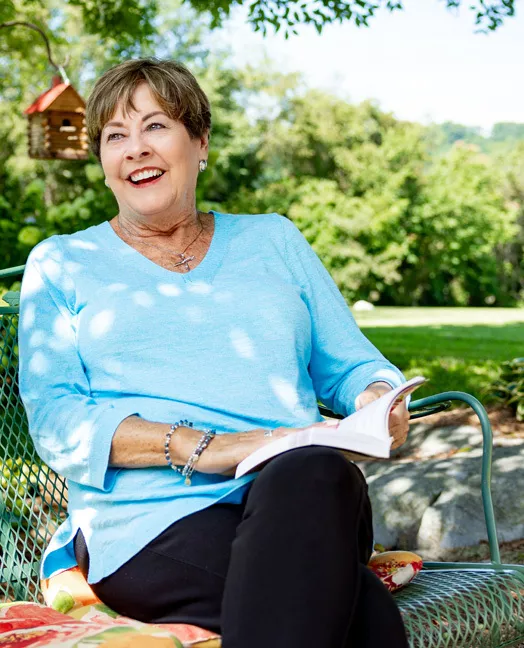Visit Vale Health Marketplace?
You are leaving balladhealth.org to visit Vale Health’s Wellness Marketplace.
Disclaimer: Ballad Health does not sponsor, endorse or recommend any product or resource listed in the marketplace.
Syncope (pronounced “SING-kuh-pee”) is used to describe a loss of consciousness for a short period. It can happen when there is a sudden change in the blood flow to the brain. Syncope is usually called fainting or “passing out.” There are different types of syncope; they depend on the part of the body affected or the cause of blood flow changes. Syncope can be a very serious symptom of life-threatening heart conditions and other non-cardiac diseases such as neuropathy or stroke. However, most causes of syncope are harmless.
Syncope can happen in healthy people and affect all ages but it happens most often in seniors. People who experience benign forms of syncope may pass out for a minute or two and then slowly come back to normal. These can occur due to rapid drops in blood pressure when someone stands from sitting or lying down, usually if he/she is dehydrated. Another classic example is someone “passing out” when suddenly startled (for example, seeing blood). In these cases, blood pressure and blood flow to the brain quickly fall leading to loss of consciousness. As long as the person does not suffer an injury during the episode recovery is usually rapid and complete.
There are several types of syncope, each with its triggers and causes:
The warning signs of syncope that can happen before someone loses consciousness include:
Treatment focuses on finding out the underlying causes of syncope and trying to avoid passing out. If you start feeling signs of an impending fainting episode, you can try to prevent passing out by increasing blood flow to the brain:
If a person has passed out, the first thing to look for is that the person is still breathing after they fainted. After regaining consciousness, the individual should lie down for 10 to 15 minutes if they can in a cool, quiet area. If this is not possible, the person should sit up with their head between their knees. Sipping on cold water can also help. Most people tend to recover within a few minutes to a few hours.
Syncope can be very dramatic and scary. Furthermore, it can often be difficult to know whether someone has passed out from a benign or life-threatening cause. Syncope can be a sign of a serious medical condition, especially if:
If you experience an episode of syncope and have any concerns this may have happened from a serious condition, contact your physician or seek emergency medical attention immediately. Remember that syncope can be life-threatening if it is the result of serious underlying conditions and is not treated the right way.
Our extensive network of highly trained cardiologists, surgeons and advanced practice providers are here to support you and help you navigate a heart-related diagnosis.
Learn more about heart and vascular services at Ballad Health.
We understand that experiencing syncope can be scary. Our goal is to alleviate your fears and help you to understand your condition.
We have an informational video library, education tools and heart-related FAQs so that you have the resources you need.




Our patients inspire us every day, and we’re honored when they trust us with their care. They tell their stories best, so we’ve gathered a few here to share with you.
Many of these patients received life-saving care for heart conditions when they weren’t experiencing any symptoms. These experiences have changed they way they look at their individual care and helped them see the importance of regular preventive screenings.